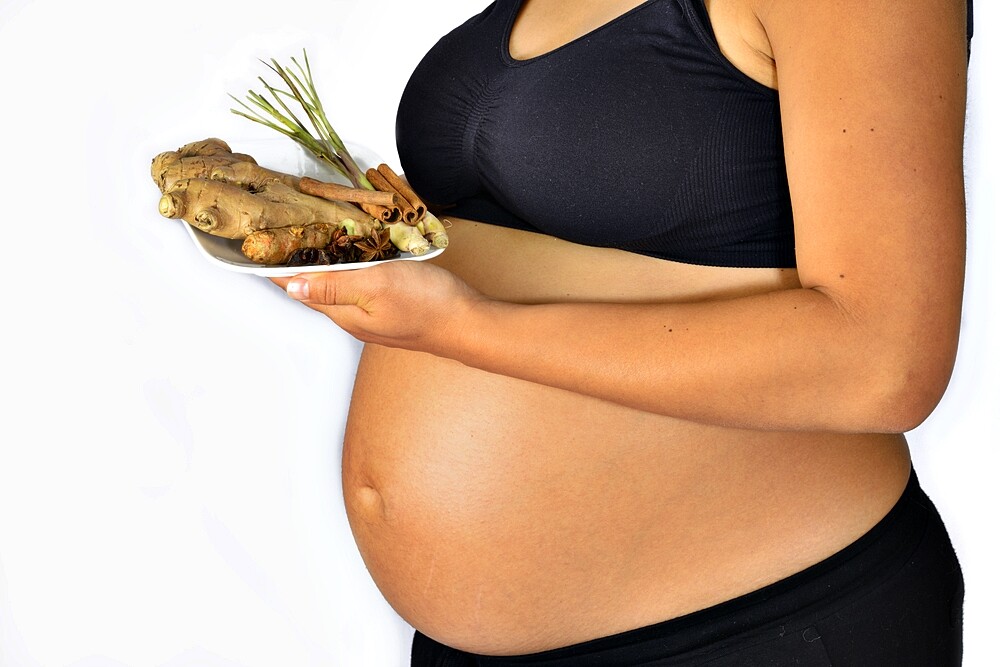Cinnamon has a reputation for promoting labor. Find out here whether you should avoid cinnamon completely during pregnancy and what else you should bear in mind with this spice!
Cinnamon in pregnancy: Dangerous or not?
Cinnamon is omnipresent, especially during the Christmas season: cinnamon stars exude their aromatic scent and all the other delicacies are hard to imagine without the spice. Basically cinnamon also has many positive effects on health (learn all about the effects of cinnamon here), but generally pregnant women are advised to be careful when consuming the spice due to the following properties:
- Cinnamon is one of the spices that stimulate labour. However, you do not have to completely do without cinnamon during pregnancy: Because only with 300 grams of pure cinnamon could the contraction-promoting effect occur. For comparison: many cinnamon star recipes use only two teaspoons of cinnamon in the recipe, which corresponds to about 4 grams of the spice.
However, certain cinnamon has two other ingredients that can have negative effects: coumarin and cinnamic aldehyde.
- Coumarin provides the seductive scent of cinnamon, but can also cause dizziness, vomiting, headaches and damage to the liver in large quantities.
- Likewise, larger amounts of cinnamic aldehyde can be harmful to the unborn child, as the Federal Institute for Risk Assessment emphasizes.
There are two types of cinnamon on the market: The cheap Cassia cinnamon and the high quality Ceylon cinnamon. The latter contains almost no coumarin, as Stiftung Warentest explains, which is why Ceylon cinnamon is clearly to be preferred.
What pregnant women must consider
- Consume cinnamon and cinnamon products only in moderation during pregnancy! Even though there is never much cinnamon in the individual recipes, you don’t risk taking higher amounts of coumarin.
- Avoid finished products: They usually contain cassia cinnamon, which as described has the substances cinnamaldehyde and coumarin. Instead, bake them yourself using the harmless Ceylon cinnamon.
- Pay attention to the organic quality of the cinnamon. Here you make sure that there are no pesticide residues.
You should avoid this during pregnancy
- Cinnamon capsules: Many diabetics take cinnamon capsules because they lower the blood sugar level. The cinnamon capsules are also characterized by a high amount of cinnamaldehyde and coumarin, which allows the conclusion that cassia cinnamon is used in the production. Thus the Federal Institute for Risk Assessment for pregnant women sees a risk here, which is why you should completely avoid taking the capsules during pregnancy.
- Cinnamon oil: The essential oil is not suitable for pregnant women, as there is an increased risk of causing contractions due to the high concentration.

